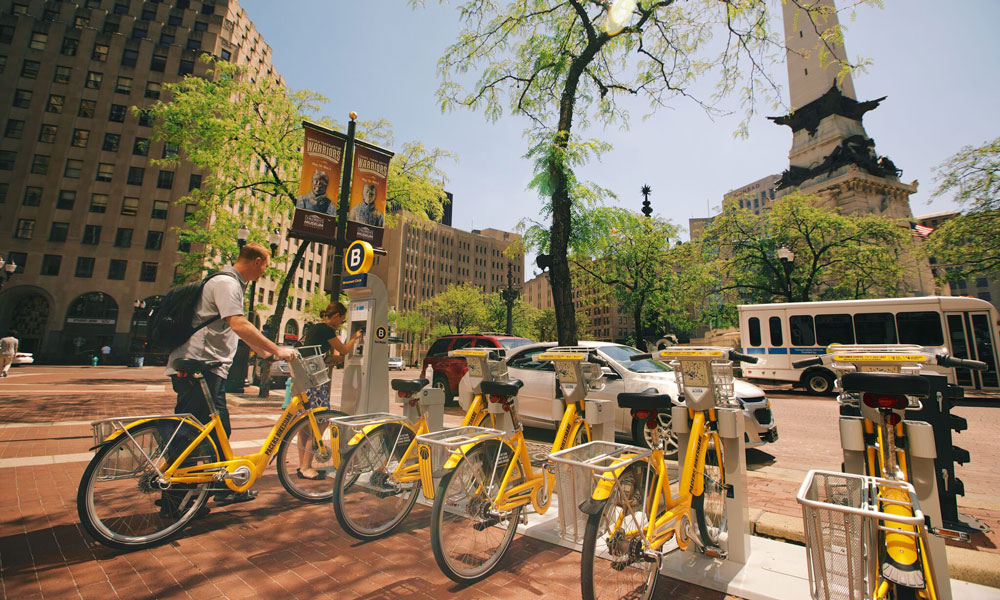
Why Your Meeting Needs to Be Green
Sustainable practices should be a starting point, not a feel-good bonus.
For many of today’s meeting attendees, sustainability isn’t a luxury. It’s a requirement. They expect compelling experiences and sustainable, Earth-friendly practices. For millennials, who will make up 75 percent of the workforce by 2025, sustainability is a major motivator in their lives.
For meeting and event organizers, creating a green event starts with choosing the right city.
“We only select a city that’s a showcase city,” said Arbor Day Foundation President Dan Lambe, whose organization is planning its Partners in Community Forestry National Conference. “The hotel is important for space, of course. But we’re very thoughtful about what the whole city can offer in sustainability, locally sourced food, and those sorts of things.”
When choosing the location for their 2016 conference, Lambe and his team looked at a range of cities and amenities, including walking paths, bike-share programs, and community forestry, given that the Arbor Day Foundation is the biggest environmental nonprofit devoted to planting trees. The foundation chose Indianapolis, thanks to the city’s connected downtown, miles of walking and bicycling trails and its commitment to greenery. Over the past decade, the city and Keep Indianapolis Beautiful have planted more than 50,000 trees.
“People come in from around the country and globe, and we want to send them home with models and lessons,” Lambe said. “Indianapolis provides a great model that they can take home to their communities to continue to advance their work.”
Sustainability Beyond Location
Once organizers settle on a location, they can work to ensure their event minimizes waste and promotes sustainability in a variety of other ways. This involves decisions such as hotels, event lighting styles, and the number of recycling bins. Planners should ask local authorities and service providers to help out.
Organizers of the U.S. Olympic Team Trials—Diving, held in June 2016 at Indiana University–Purdue University Indianapolis, set an uncompromising goal for themselves: to create a zero-waste event. They worked with food-service providers to offer compostable cutlery. They ensured waste haulers provided compost bins in addition to trash and recycling cans. And they even recruited volunteers to help attendees deposit their trash in the right places.
“It took a lot of hard work and a lot of planning,” said Deb Ferguson, assistant director of the university’s Office of Sustainability. “The key was getting all of the partners together and talking about it and saying, ‘Can we do this?’”
By the time the event was over, 93 percent of all waste generated had been recycled or composted, and the university reported that it’s Natatorium swimming complex became the first sports venue hosting an Olympic event to achieve zero waste.
Said Ferguson, “We’re ecstatic about it.”
(Handout photo)





